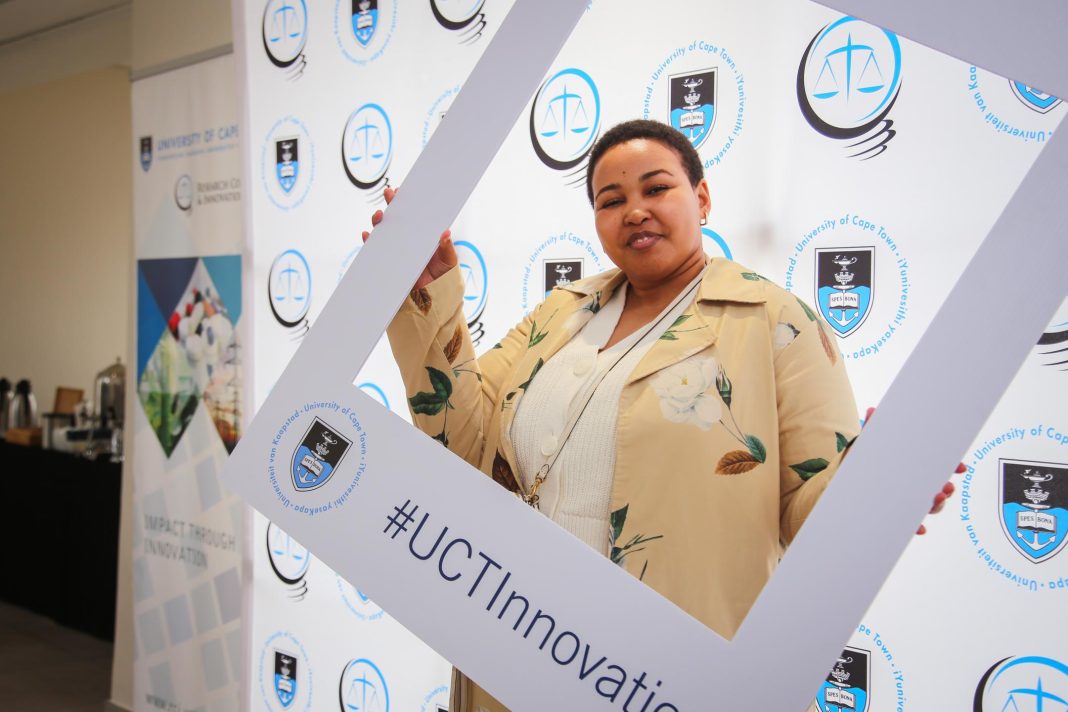By Johnathan Paoli
The University of Cape Town has welcomed the launch of the second phase of the University Technology Fund (UTF) investment designed to accelerate the commercialisation of research from South African universities and assist in the development of the country.
Marketing Specialist at UCT’s Research Contracts and Innovations (RCI), Kekeletso Takang, praised the initiative as building on the success of the first phase and reinforcing the university’s leadership in translating research into transformative technologies and businesses.
“Since its partnership with UTF in January 2020, the first fund of its kind in Africa, UCT has significantly expanded its innovation funding environment, playing a critical role in incubating early-stage research and technology and creating pathways for nascent innovations to reach market readiness,” Takang said.
She said the university’s investment in the fund ensured that UCT alumni, alongside current researchers, could now access this funding, widening the scope of impact for university-driven innovations.
Takang highlighted how the UTF complemented UCT’s existing Evergreen Fund (launched in 2017) and Pre-Seed Fund, creating a comprehensive suite of financial instruments to support technology transfer and commercialisation efforts; collectively helping early-stage innovations achieve market readiness by bridging critical funding gaps.
In 2024, UCT further strengthened its commitment to innovation by investing R100 million in the (SME Fund that has helped establish 16 new venture capital funds, including UTF.
Takang maintained that through this strategic investment, UCT was positioning itself as a key player in fostering a sustainable innovation ecosystem in South Africa.
She said that UTF had played a pivotal role in propelling UCT spin-off companies to commercial viability, with the fund investing in nine UCT-affiliated companies, facilitating their growth from pre-seed to Series A funding stages.
In 2023 alone, UTF injected R9.75 million into UCT spin-offs, with an additional R3 million contributed through UCT’s Evergreen Fund.
She described these investments as instrumental in advancing UCT’s technology transfer initiatives and ensuring that cutting-edge research reached the market.
Key successes from UTF I include Hyrax Biosciences, a leader in bioinformatics known for its role in Covid-19 variant detection, and CubeSpace, a South African satellite control technology firm trusted by NASA.
Takang said these successes underscored the fund’s ability to nurture world-class innovations that have both local and global impact.
The launch of UTF II signifies a new era for university-driven innovation in South Africa.
With a targeted fund size of R400 million, Takang stressed the second phase aimed to invest in 15 to 20 companies, focusing on saleable university-originated technologies.
This expansion not only strengthens UCT’s commitment to fostering innovation, but also extends opportunities to alumni-led startups, creating a broader entrepreneurial ecosystem.
“The launch of UTF II marks an exciting new chapter for UCT and its continued commitment to driving innovation across a range of sectors,” she said.
Anchor investors in UTF II include the SA SME Fund and the Allan & Gill Gray Philanthropies Africa, as well as other universities such as the University of Pretoria, Stellenbosch and Wits.
Takang said the collaborative investment strategy was designed to unlock the high-value intellectual property emerging from South Africa’s leading research institutions and attract both local and international investors.
RCI acting director Andrew Bailey highlighted the university’s commitment to innovation and economic development.
“Through our participation in the UTF and our partnership with the SA SME Fund, UCT is proud to play a pivotal role in shaping the future of South Africa’s innovation landscape. Universities can play an important role in developing the local economy,” Bailey said.
UTF II represents a crucial step towards replicating Silicon Valley’s university-driven innovation model in South Africa.
He said by leveraging institutional support, skilled talent and cross-disciplinary expertise, South African universities could become major players in the global technology commercialisation space.
Bailey praised the fund’s expansion to include alumni-led startups as strengthening the country’s innovation landscape, fostering long-term economic growth and positioning South Africa’s universities as essential drivers of technological progress.
By bridging the gap between research and commercial success, he said UTF II has the potential to reshape the future of innovation in the country and beyond.
INSIDE EDUCATION







